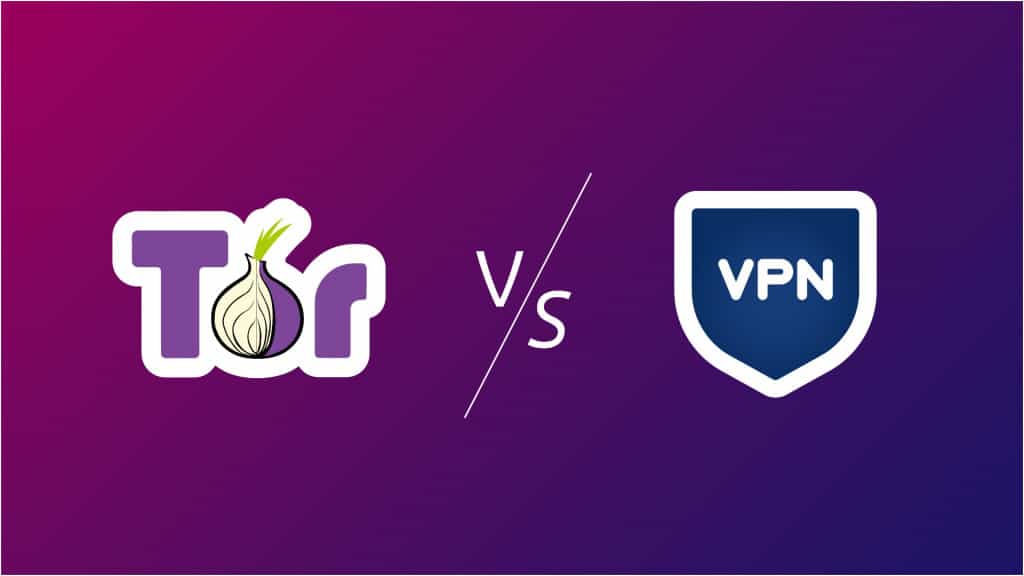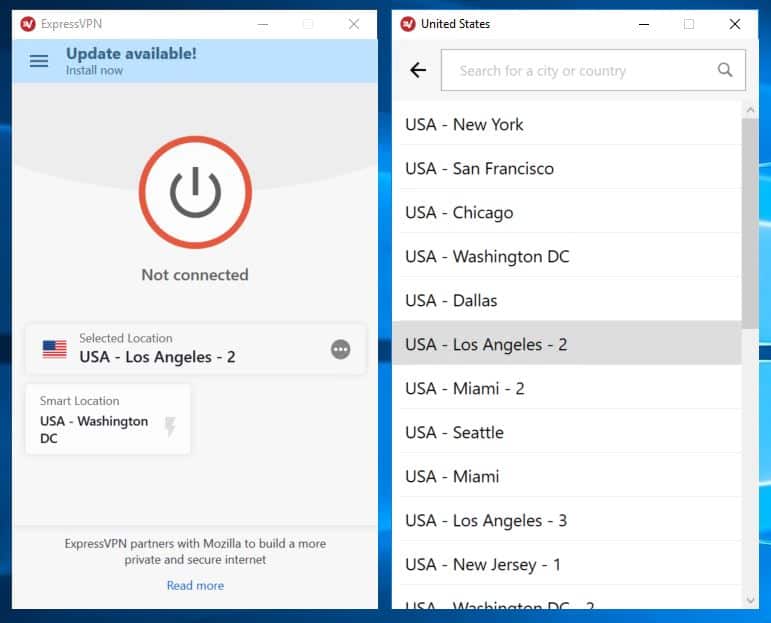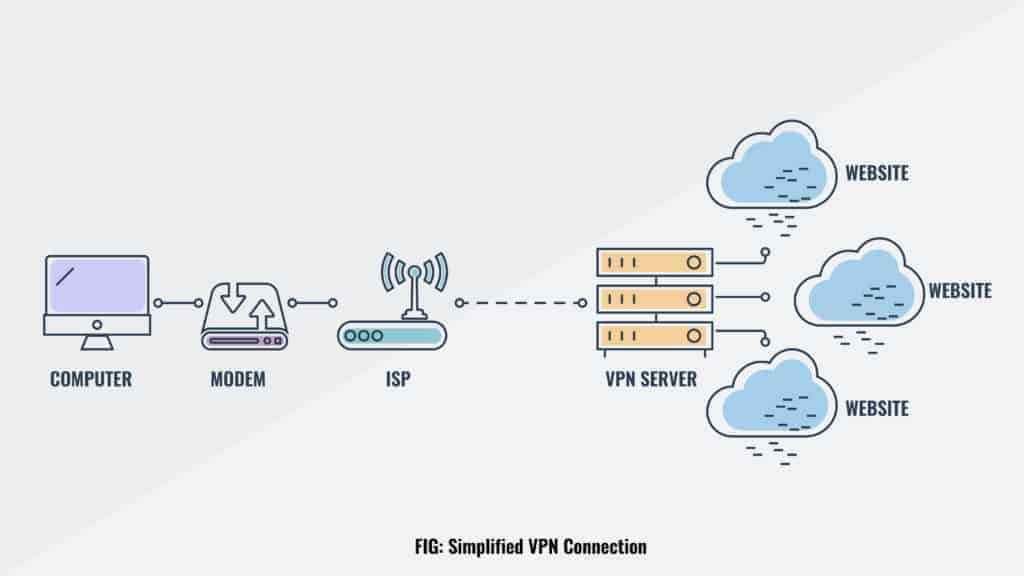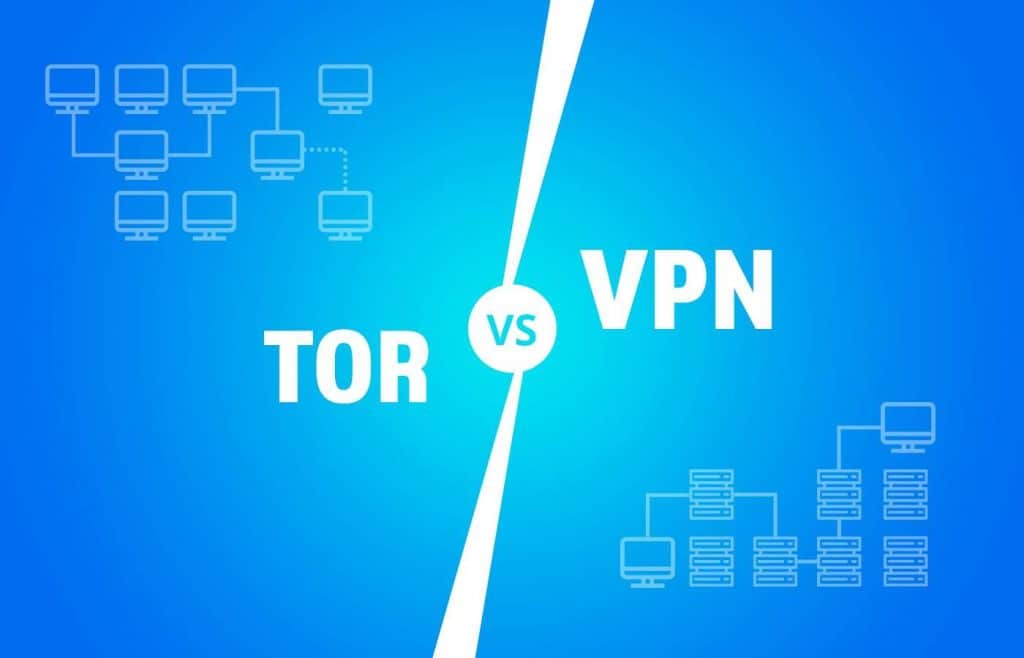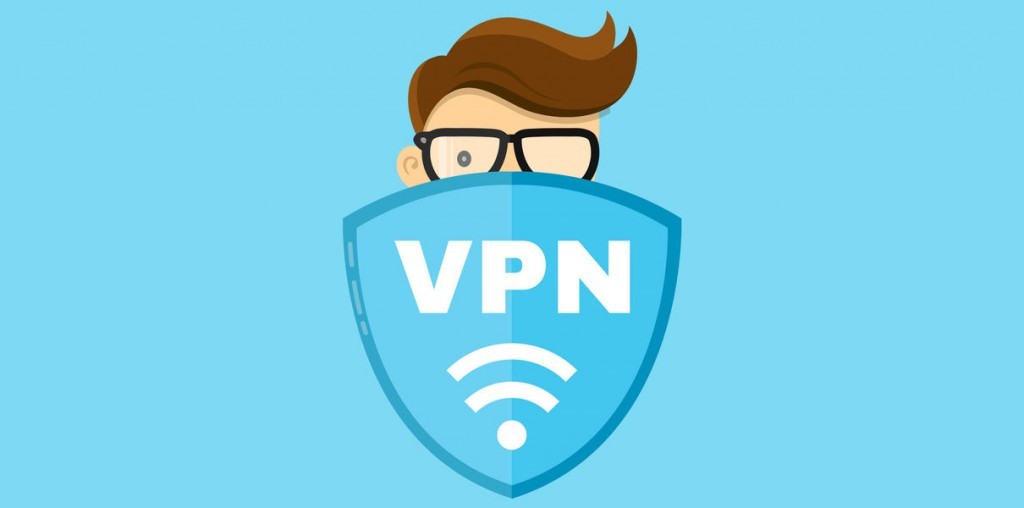Tor vs. VPN: What’s the Difference and Which Is Better?
We sometimes want privacy and anonymity while surfing the internet. But how exactly do we do that? If you have had to use the internet anonymously before, you probably have heard of Tor or the VPN. If not, worry not! This piece discusses in detail the difference between the two: Tor and VPN, and enlightens you on which is better to use between the two.
Tor stands for “The Onion Router”. It is a non-profit organization that provides online privacy tools. One of its greatest used products is the Tor browser. With Tor browser, you can surf the internet securely without the fear of privacy violation.
VPN, on the other hand, stands for Virtual Private Network. It is software that allows you to alter your IP address and have your internet traffic. With VPN, you are redirected through one of the many VPN servers across the globe when you make an internet request, before getting your request back. There are many VPN apps that you can use on your Android device.
Both Tor and VPN make use of proxies that redirect internet connections through relays. The relays hide the real IP address of a user making them difficult to track. Both tools (Tor and VPN) also make use of encryption techniques that scramble the data sent via the internet.
The major difference between Tor and a VPN is that a VPN emphasizes privacy while Tor emphasizes anonymity. There is a thin line between privacy and anonymity but think of it this way: anonymity does not disclose who you are while privacy does not disclose what you do.
In technical terms, when using a VPN, a VPN server located in another location of the user’s choosing is used to route internet connections. Tor, on the other hand, ensures that your internet connection and routes are encrypted using random servers.
Another difference is that VPN is a centralized service while Tor is decentralized. This means that VPN is centrally controlled and managed by a central authority while Tor has no managers. Tor has proxy servers (nodes) operated by volunteers from all over the world.
Many VPNs use a single proxy server while Tor uses not less than three random relays. This means that VPNs will encrypt data on the user’s device, send it to a VPN server, decrypt it, and send it to the destination website. In Tor, the data is encrypted once for each relay, including the IP address of the next relay.
So which one is better? Both Tor and VPNs are good depending on what you want or what you are doing on the internet. However, to clear things up, it is recommended to mostly use VPNs to improve privacy and Tor when anonymity is required.
